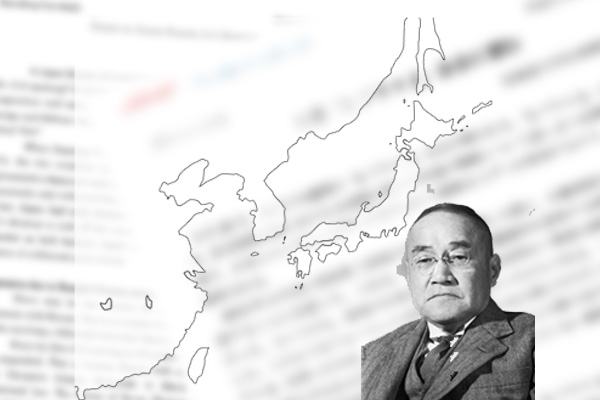About a half century ago, Britain’s Economist magazine made a bit of a topic by describing Japan’s diplomacy as “judo diplomacy,” pointing out that Japan pulls back when pressed and moves forward when pulled, fatiguing other countries without consuming much energy. The description apparently suggested Japan relegates principles to the back burner in a typical example of undesirable diplomacy.
Japan’s coward attitude toward China
Japan would be better off resolutely clarifying its attitude along with like-minded countries that share such universal values as democracy, the rule of law and human rights. However, Japan has frequently remained vague, including its response to China’s crackdown on Hong Kong protesters since last year.
Countering China’s decision to impose a new national security law smothering Hong Kong’s freedom, U.S. President Donald Trump declared he would end preferential economic treatment for Hong Kong and terminate the United States’ relationship with the World Health Organization that he criticized for its pro-Beijing attitude.
Japan had planned to invite Chinese President Xi Jinping as state guest for a red-carpet welcome banquet at the Imperial Palace around the peak bloom of cherry blossoms, but the Japan visit has been postponed due to the coronavirus pandemic. If the visit were implemented, the key alliance between Japan and the U.S. would have been viewed as shaken over China policy in the worst moment for U.S.-China relations.
Inflexible diplomacy that sticks to principles does not work as a matter of course. Flexible diplomacy allows countries to focus on their respective objectives through bargaining. Regarding Hong Kong and other ideological issues, however, any country might not allow taking vague attitude. Nevertheless, the Japanese government has remained weak-kneed. Why?
Are Japanese naturally shy of arguing with or angering others, or accustomed to being geopolitically sensitive to China’s mood due to inferior complex that exists between China and its neighbors?
Brzezinski’s keen insight
Twenty-three years ago, Zbigniew Brzezinski accurately predicted that China would rise to a great power of the Eurasian continent and pointed to a dilemma that Japan, though qualified to become a great power, could not do so because of the Japan-U.S. security treaty under which Japan depends on the U.S. for its security. He then found out that Japan was dominated by the so-called Yoshida Doctrine for a lightly armed, economically powerful country. The doctrine, according to Brzezinski, was led by four principles; giving top priority to economic development, minimizing defense capabilities without being involved in international armed conflicts, depending on the U.S. for security and excluding ideologies from diplomacy in favor of international cooperation.
Brzezinski’s insight was excellent. Since then, the international situation has been given a whole new face. Nevertheless, Japan still externally repeats harmless statements while leaving its postwar constitution fully untouched. Would not this comedy turn into a tragedy?
Tadae Takubo is Vice President of Japan Institute for National Fundamentals and a professor emeritus at Kyorin University.


